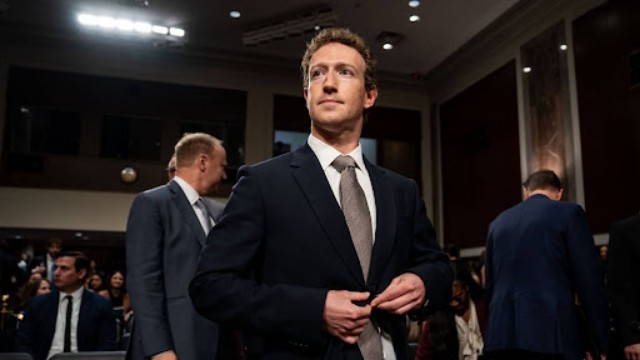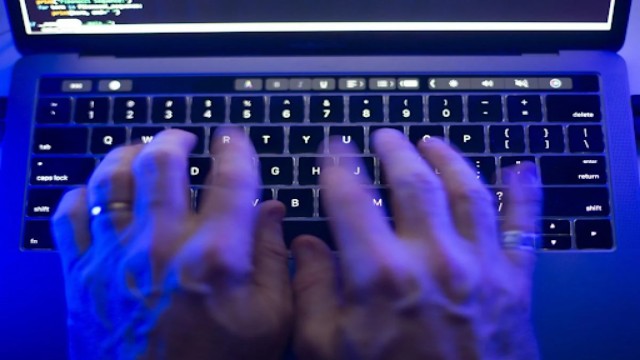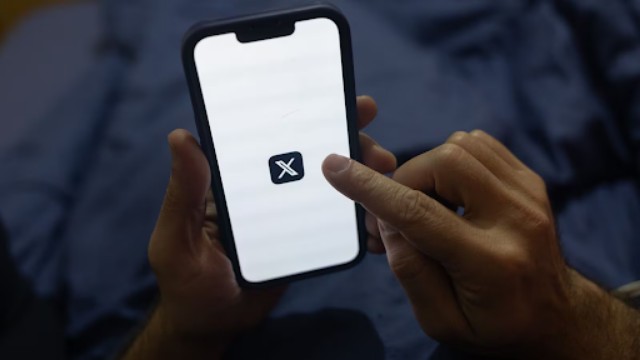
A smartphone displays the OpenAI logo, held up in front of a computer screen showing binary code, on March 9, 2023, in Boston. (Photo: Michael Dwyer, AP, File)
OpenAI, the company behind ChatGPT, has decided not to shift to a fully for-profit model after months of debate and legal attention. The organization will remain under the control of its nonprofit arm, keeping its original mission in focus.
CEO Sam Altman shared the update with employees on Monday, noting that this decision was influenced by talks with civic leaders and the attorneys general of California and Delaware. Altman said the company carefully considered public concerns before deciding to maintain nonprofit oversight.
Bret Taylor, chair of OpenAI’s nonprofit board, added that OpenAI’s for-profit division will now become a public benefit corporation. This means the company must weigh both financial goals and social impact in its operations.
However, Taylor did not reveal how much of the new entity the nonprofit would own. He did confirm that the nonprofit board will choose the leaders of the benefit corporation—at least initially, they’ll likely be the same people already on the nonprofit board.
Public benefit corporations are legal entities that allow companies to pursue social good alongside profit. Firms like Coursera and Amalgamated Bank already follow this model. The approach fits OpenAI’s mission: to develop AI that serves humanity, not just shareholders.
Altman said that converting to this structure will make OpenAI easier to understand and more flexible. It will also lift limits on how much profit the company can make. With AI demand soaring, Altman believes this will help the company expand, invest in new technologies, and potentially acquire other businesses.
OpenAI began in 2015 as a nonprofit lab founded by Altman, Elon Musk, and others to build artificial general intelligence (AGI) for the public good. Now worth about $300 billion, the company serves more than 400 million weekly users through ChatGPT.
Last year, OpenAI announced plans to shift its governance, which triggered backlash. Musk sued the company and Altman, accusing them of abandoning OpenAI’s original mission. A judge recently threw out some of Musk’s claims, but others will go to trial next year.
Legal pressure wasn’t limited to Musk’s lawsuit. Officials in California and Delaware also examined whether the restructuring would align with OpenAI’s charitable goals. California’s attorney general is still reviewing the case. Meanwhile, former employees and nonprofit advocates raised alarms, asking the states to step in.
One concern is that, if OpenAI’s powerful AI eventually surpasses human intelligence, there must be safeguards in place to ensure the technology isn’t misused. Critics argue that for-profit interests could jeopardize public safety.
Other AI companies like Anthropic and Musk’s own xAI are also structured as public benefit corporations, but OpenAI stands out because its nonprofit will still hold control.
Altman acknowledged that raising funds would be easier if OpenAI operated like a typical company, but said they’re not interested in chasing money at the cost of their values. “We’ve had investors who didn’t align with our mission—and that’s okay,” he said.
He confirmed OpenAI still expects a major investment from SoftBank, which earlier this year announced a partnership to expand AI offerings in Asia. Microsoft, OpenAI’s biggest backer, declined to comment on the change.
Former OpenAI staff member Page Hedley, who led a petition against the for-profit pivot, welcomed the shift but said he’s still cautious. “OpenAI was founded to serve the public, not shareholders,” Hedley said. “The details matter.”
A group of California nonprofits echoed this view, urging the state’s attorney general to dig deeper. They suggested OpenAI’s assets should be placed in an independent trust, fully separate from any profit-driven activities.















